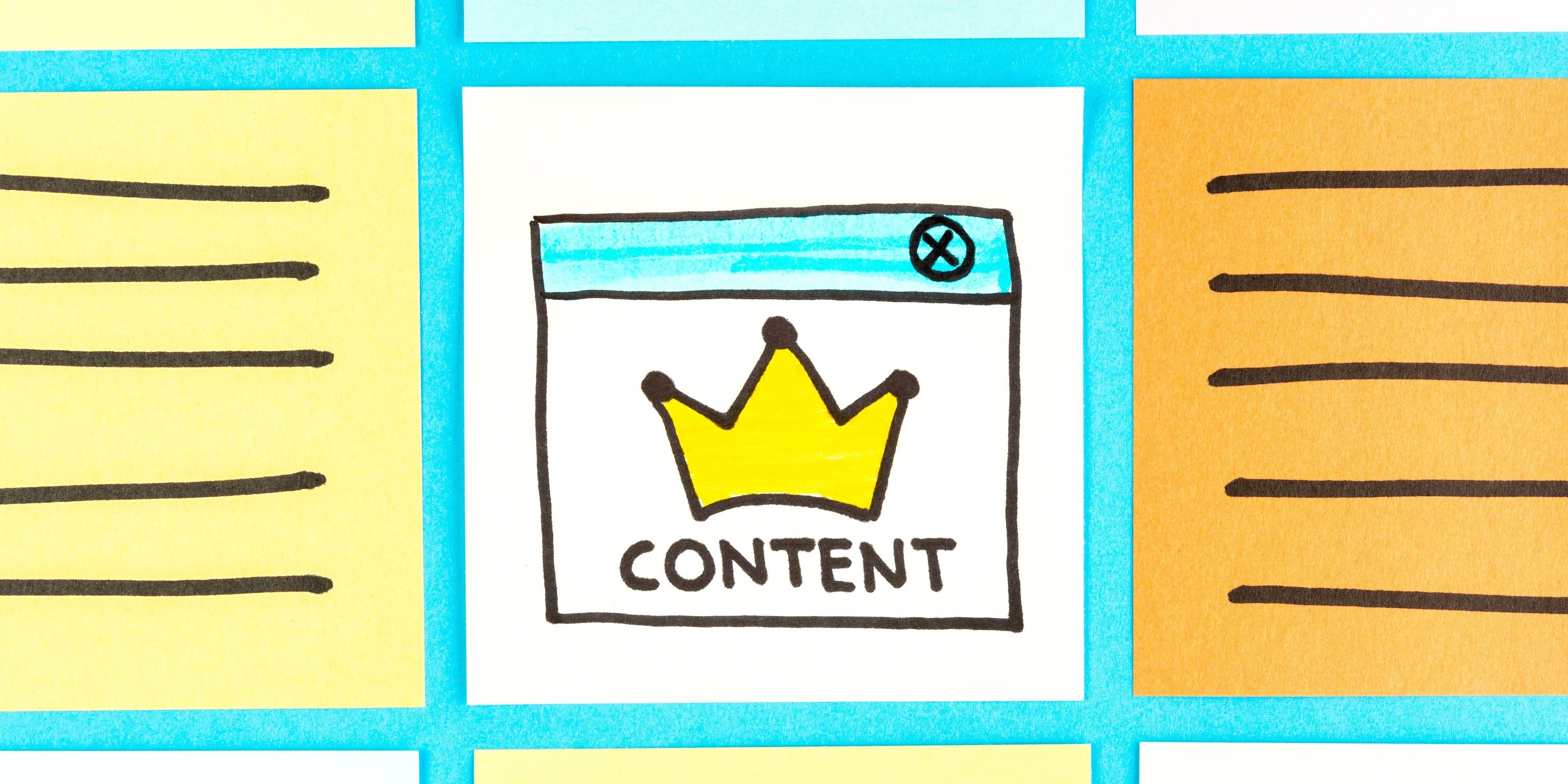12 Days of Gifts to Give Yourself that will Improve Your Content Marketing in 2019
Attempting to tackle your entire content marketing to-do list in one day could be overwhelming. Actually, it would be VERY overwhelming. But if you...
2 min read
 Maryanne McWhirter
:
October 25, 2018
Maryanne McWhirter
:
October 25, 2018

 Have you been churning out quality content for years for your business and industry? Does traffic to your blog still come from old posts? Are ebooks published three years ago still converting? You're not alone.
Have you been churning out quality content for years for your business and industry? Does traffic to your blog still come from old posts? Are ebooks published three years ago still converting? You're not alone.
New content is great, but it also is not always necessary. Get more bang for your buck by utilizing historical content optimization. In four easy steps, you can repurpose old blogs, ebooks, and other premium content, and make it fresh and optimized to drive new and qualified leads.
The best way to choose which blog posts or premium content to repurpose is by reviewing your traffic analytics and conversion rates on blogs and landing pages.
Once you determine WHAT content needs to be reworked, it's time to get started!
Once you've determined which content needs to be reworked, look for opportunities to refresh this content including adding new links or examples in blogs, updating the CTA on a landing page or blog post, or updating the copy to make it relevant. A small edit to the content can be enough to make it "fresh" content again and help in SEO or driving qualified leads.
Do you have a blog post that is already ranking? An old ebook that's still relevant and drives conversions, but just needs a refresh? You can increase it! Look for an opportunity to reorganize a post's verbiage or rework the text on the ebook's landing page. Perhaps try to focus it more to relate specifically to a core topic or keyword. You won’t have to rewrite the entire post or recreate your landing page, just sprinkle in a few new sentences tying your post to your specified core topic or keyword.
Don’t simply update a blog post. Republish it. This will essentially create a brand new blog post with the reworked content— without starting from scratch. Keeping content at the top of your feed makes it more accessible and top of mind, especially when you use marketing automation tools like social shares when a blog is published or an automated email to your blog subscribers when you post.
This is where we lose so many good posts. After you publish your blog post, your job is not done. Share it! Develop a distribution checklist and content calendar so you can determine what works, the best channels to distribute it, and the best times for your target persona to see this content.
Here are a few ideas to get you started:
Luckily, if you use a marketing automation software, you can easily automate many of these tasks, so once you have repurposed, updated or optimized your historical content, you can easily set up processes so that it automatically gets shared on the channels you designate.
Easy, right? That's all there is to it: rework, optimize, publish, and share your historical content instead of recreating the wheel each time you post or create a new premium content piece. If you have a lot of content out there and a lot of competition on core topics or keywords, then it is time to get smart about reworking your historical content. This will ensure that it speaks to your target audience and is optimized to attract them, drives the desired traffic to your landing pages, then converts visitors into new (qualified) leads!

Attempting to tackle your entire content marketing to-do list in one day could be overwhelming. Actually, it would be VERY overwhelming. But if you...

1 min read
Your blog is a digital hub for the valuable, educational, and entertaining content you create for your target persona. Its goal is to increase...

Content creation can be a robust process depending on the amount of content you are publishing during a set timeframe. To keep your process organized...